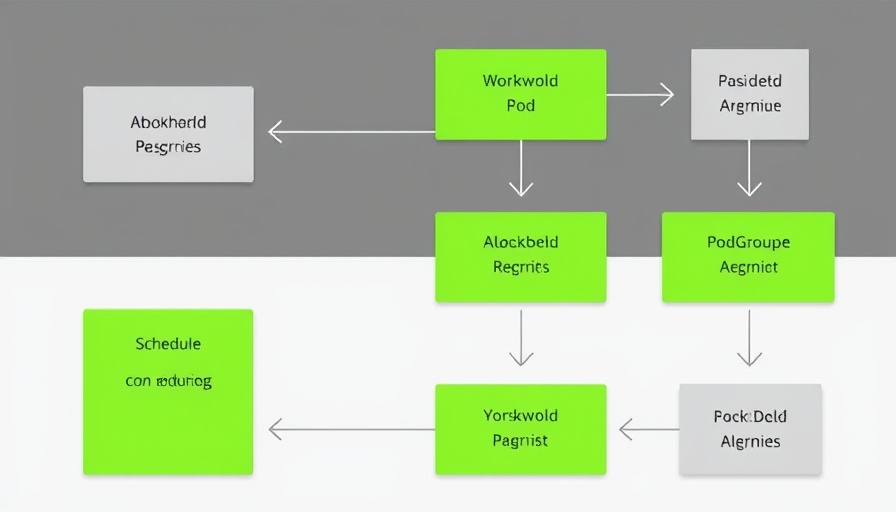
Singapore Investigates Alleged Export Control Breach Involving Nvidia Chips
In a significant development, Singapore is investigating potential fraud in the export of Nvidia chips, raising serious questions about compliance with U.S. export controls. The investigation is particularly focused on servers made by Dell Technologies and Super Micro Computer, which were reportedly shipped to Malaysia and may contain advanced Nvidia chips that are restricted from being sent to certain countries, including China.
Understanding the Impacts of AI Technology and Export Controls
The ongoing probe not only highlights the delicate balance between technological innovation and regulatory compliance but also reflects broader concerns about U.S. national security. As countries worldwide race to advance in artificial intelligence, the export of advanced semiconductor technology has become a pivotal point of contention. The role of intermediaries in facilitating potentially illegal shipments of high-end semiconductors is under scrutiny, as it can undermine trade laws designed to control technology access by adversaries.
Historical Context: The Growing Demand for Nvidia’s AI Chips
Nvidia has emerged as a leader in AI technology, with chips that power numerous applications globally—from data centers to autonomous vehicles. This rising demand has made Nvidia chips a coveted asset, causing nations like China to seek access, often through back channels. Reports indicate that Singapore acts as a hub for these transactions, with some estimates suggesting substantial revenue from Nvidia sales in the region, despite actual shipments indicating otherwise.
Recent Developments and The Bigger Picture
The investigation by Singaporean authorities was sparked by an anonymous tip-off regarding fraudulent procurement processes. The authorities have detained individuals allegedly linked to acquiring these chips through dishonest practices. As U.S. authorities have intensified their scrutiny over exports to China, the Singapore case illustrates how third-party nations may inadvertently become conduits for restricted technology. The complexity of the supply chain makes monitoring these transactions challenging, as highlighted by industry experts.
Potential Future Trends: What This Means for AI Enthusiasts
For AI enthusiasts, the ongoing investigation could signal a shift in how the tech community approaches chip procurement and export regulations. Should more stringent controls be enacted, it may impact the availability of Nvidia products, particularly in AI research and development. Innovators may need to explore alternative supply chains or pivot to different technologies as U.S. authorities tighten the screws against unauthorized exports.
Why This Matters: Consequences for the AI Landscape
The ramifications of this probe extend beyond legal implications; they reflect the geopolitics of technology. AI startups, including Chinese companies like DeepSeek, may find themselves in a precarious position if they’re linked to illicit procurement activities. Moreover, the potential block in accessing advanced chips may stifle innovation and hinder the competitive edge of these companies in the global market.
Final Thoughts: Navigating Regulatory Challenges
As regulations evolve, AI enthusiasts and industry stakeholders must remain vigilant and informed about developments within the semiconductor landscape. Understanding the implications of these investigations will be crucial for those leading the innovation charge, as compliance and ethical procurement become paramount in navigating this complex environment. For further insights on Nvidia and regulatory impacts in AI, consider regularly consulting news sources and analysis on emerging trends in the tech landscape.
 Add Row
Add Row  Add
Add 




 Add Row
Add Row  Add
Add 

Write A Comment